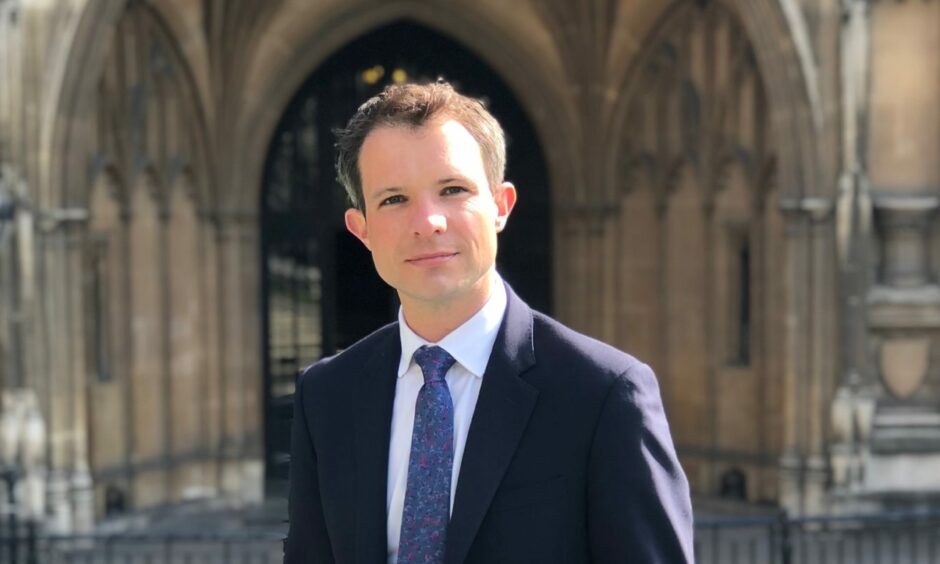Labour must confirm the north-east as the headquarters of its new state-owned energy investment company immediately following the summer break at Westminster or risk betraying voters, according to a returning Tory MP.
Sir Keir Starmer has repeatedly refused to confirm the new home for GB Energy – despite putting the initiative at the heart of his pitch to Scottish voters.
The new prime minister previously confirmed it will be headquartered in Scotland but stopped short of saying exactly where.
Labour plans to hand GB Energy £8.3 billion over the next five years funded through a windfall tax on the profits of oil and gas giants.
Industry leaders have called on Sir Keir to station the new initiative in Aberdeen given the ongoing shift away from fossil fuels and the uncertainty around what comes next.
In a letter to new Energy Secretary Ed Miliband, West Aberdeenshire and Kincardine MP Andrew Bowie calls on the government to make a statement on GB Energy “in the first days follow the summer recess”.
He adds that Mr Miliband should confirm Aberdeen or its close surrounding as the headquarters and the expected remit for the company.
‘A promise is a promise’
Mr Bowie said: “The promise of starting a new energy department in north-east Scotland plainly didn’t attract voters like Keir Starmer hoped it would.
“That may be because of the apprehension here that Labour will turn off the taps in the North Sea – leaving up to 100,000 workers out of a job.”
He said a “promise is a promise”, adding: “That’s why I am urging Ed Miliband to actually put this scheme – whatever it’s called – in the north-east of Scotland.
“Anything else will represent a betrayal by the Starmer government.”
We revealed previously how industry leaders had warned funding plans for GB Energy do not make sense.
Jenny Stanning, external relations director of Offshore Energies UK, said it is not logical to penalise firms to help set it up then ask those same businesses to back it with direct investment.
The government’s election manifesto states GB Energy will be a publicly owned company and will be “operationally independent, with an independent board”.
Specific projects will be owned by local councils and communities.



Conversation